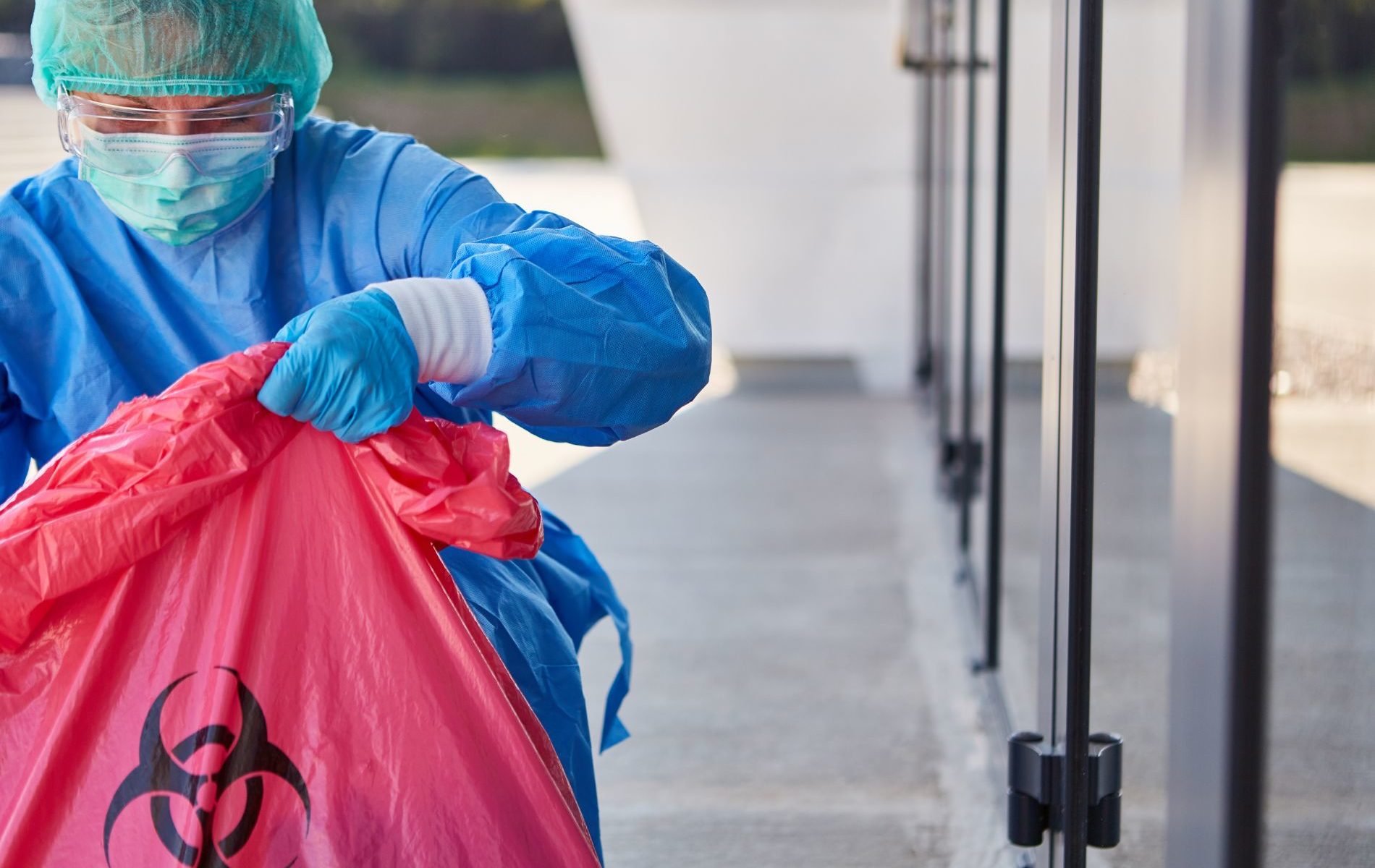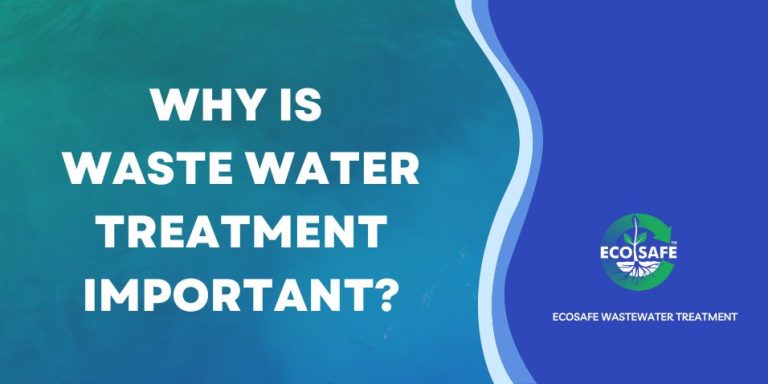Excitement About Reclaim Waste
Reclaim Waste Can Be Fun For Anyone
Table of ContentsSee This Report on Reclaim WasteThe Facts About Reclaim Waste UncoveredThe Facts About Reclaim Waste RevealedUnknown Facts About Reclaim WasteAll about Reclaim Waste
Via correct fluid waste administration, firms can minimize energy-intensive therapy procedures and disposal prices. By adhering to a system for managing liquid waste, business can prevent expensive fines and charges and prevent adverse publicity.(https://www.tripadvisor.in/Profile/reclaimwaste1)Accumulate representative examples from various points within the waste stream to guarantee precision. Conduct periodic screening to track any kind of modifications in the composition. Preserve in-depth records of characterization for future referral and compliance functions. Fluid waste, specifically hazardous ones, presents considerable risks during this step. Proper treatments minimize spills, leaks, and various other accidents that can damage the employees and the general public.

Sanitation (e.g., chlorination, ultraviolet light, ozonation) and nutrient elimination (e.g., denitrification and phosphorus eradication) are recommended under stringent policies. Many business broke several fluid waste disposal guidelines in recent years.
Little Known Questions About Reclaim Waste.

are used by sectors that create large quantities of low-toxicity liquid waste. Superficial containers consist of liquid waste that is permitted to evaporate via natural procedures. The residue left can be thrown away in garbage dumps. includes burning liquid waste at heats and transforming it into gas and ash. This kind of disposal undergoes rigorous environmental guidelines as a result of possibly harmful emissions.
The findings must be documented, examined, and stored not simply for submission to governing authorities however also for making renovations in the future. Usage trustworthy equipment, methods, and software options to make sure accurate and consistent information collection. Keep upgraded on appropriate ecological policies and market standards. Share details with appropriate stakeholders (e.g., workers, governing federal government companies, and nearby neighborhoods) to maintain openness and liability.
Understanding these can aid them effectively handle their operations and lessen their environmental impact. Companies that can't spend in facilities must think about collaborating with the public industry for far better solutions.
Facts About Reclaim Waste Revealed
By carrying out thorough monitoring systems that consist of look at here now therapy and reusing techniques, routine monitoring, risk evaluations, and adherence to local and government regulations, commercial centers can contribute to the security of groundwater products, ensuring their schedule for future generations (liquid waste disposal). Allow's delve right into the significance of efficient fluid waste administration in the industrial market, concentrating on its effects for safeguarding groundwater sources
The air pollution of groundwater resources as a result of incorrect liquid waste administration in the industrial field has far-reaching repercussions for human health, agriculture, and the environment overall. Some of the prospective impacts brought on by such pollution include: Infected Drinking Water Supplies: As groundwater provides a significant section of our drinking water, pollution from commercial tasks can cause hazardous chemicals and bacteria entering our water supply, presenting wellness risks for people.
Minimized Agricultural Efficiency: Agriculture depends greatly on groundwater for watering; consequently, polluted water can impede crop returns, infect agricultural items, and affect food security. Offered the importance of protecting groundwater resources, it is essential for organizations to take an aggressive stance in managing their liquid waste responsibly and protecting against pollution.
Reclaim Waste Fundamentals Explained
Liquid waste can infect land and pollute waters. Under the Security of the Setting Workflow Act 1997, organizations that produce liquid waste are needed to manage it in a way that protects the atmosphere and the neighborhood. Information regarding managing and saving fluid waste, reacting to spills and reducing liquid waste is offered in the following reality sheets and guidance:.
The role of waste monitoring professionals in securing this valuable resource can not be overstated. Polluted water and infected effluent management: Making sure that harmful fluids are safely removed and treated before they can hurt our water resources.
Therefore, integrating sustainable liquid waste administration right into financial planning improves economic security and secures the environment, demonstrating the worth of this approach. In final thought, embracing specialist liquid waste monitoring practices is critical for ensuring a lasting future, protecting our setting and protecting the well-being of future generations.
When it comes to taking care of waste, sticking to appropriate treatments is critical for a wide range of factors. Proper waste disposal is not nearly sanitation; it's concerning making sure the wellness of our atmosphere, health, and the effective use of resources. Recognizing the relevance of reliable waste monitoring can assist all of us contribute to a much healthier, cleaner earth.
The 7-Minute Rule for Reclaim Waste
Efficient waste management aids keep tidy roads and public rooms, minimizing the visual effect of clutter and making certain that waste does not damage wild animals. When waste is not thrown away effectively, it can bring about contamination, where hazardous materials can leach right into the dirt, water supply, and the air, producing long-lasting environmental problems.